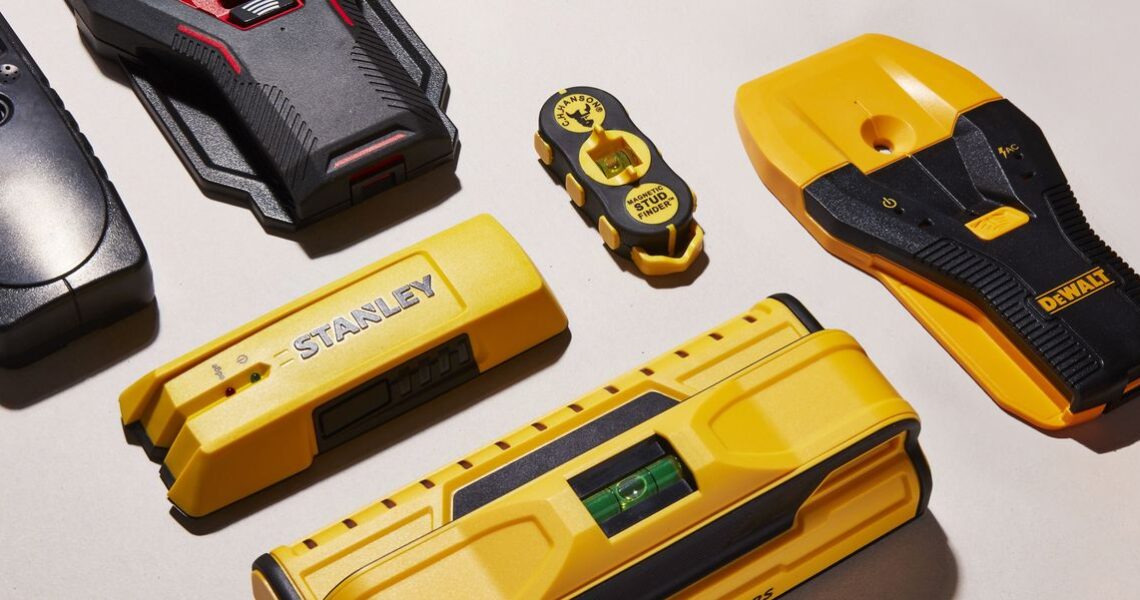Top 7 Stud Finders for 2024
A stud finder is good for, well, finding studs you can’t see. Knowing where your studs are is crucial for hanging up heavy items, like mirrors or mounts for flat-screen TVs.
Studs—the wooden or metal beams that your drywall is attached to—are the most sturdy place to sink weight-bearing anchors into drywall to ensure your wall hangings don’t fall.
Some stud finders have other features, too, like deep scanning and AC wire detection. This helps prevent you from hitting a pipe or wire when hanging something up—a mistake that can quickly become an expensive one. That doesn’t mean that stud finders work like X-ray vision, though—there’s a lot going on in walls, and it can be hard, despite advances in tech, for any device to determine what’s a pipe and what’s a wire, for instance.
To test all the features, we put a selection of the stud finders through their paces on a wall of our own making and walls in real homes. We tested several options to find the best stud finders for home and commercial use, whether you just need a hand hanging up your new shelves or you’re hoping to avoid damage while you work within the drywall.
Best Stud Finders
What to Consider
Magnetic Versus Electronic Stud Finders
Magnetic stud finders work by waving the magnet along the wall until it catches on the fasteners that attach drywall to the studs. Since fasteners may be spaced over a foot apart on a single stud, it may take longer to locate one with a magnetic stud finder, but this is an affordable and simple option.
Magnetic stud finders aren’t always the most accurate, though—they rely on the fastener actually being driven into the stud. If the builder missed the stud, so will the magnetic stud finder. In commercial construction, where metal studs are standard, you may find magnetic stud finders more useful.

